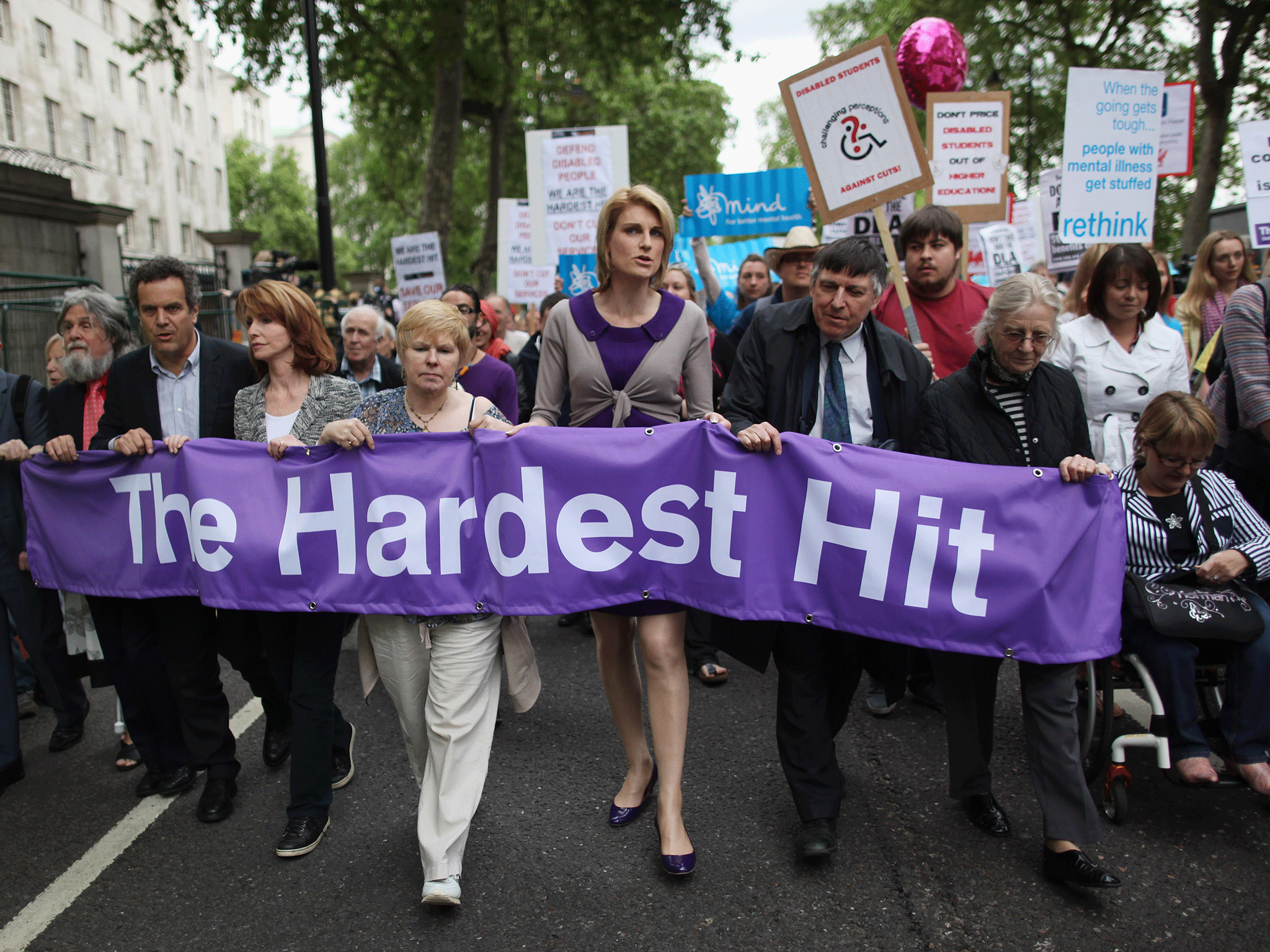People should be able to 'opt out' of disability benefits payments and get private insurance, think tank says
'Involving independent insurers would facilitate more policy experimentation to identify the best way of getting the disabled back into work'

People should be allowed to "opt out" of contributions to the main disability benefit and use the money to pay for private disability insurance instead, a think tank has said.
Allowing opt-outs from the contributory Employment and Support Allowance would create a system of private insurers funding services to help individuals rehabilitate and reintegrate into the labour market where possible, and income replacement where not, said the Institute for Economic Affairs (IEA) in a new report.
The IEA also called for the decentralisation of the disability benefit system, with programmes delegated to the local level and funded through a mixture of local taxation and central Government grants.
This would allow local areas to decide whether and how to outsource programmes to support disabled people in finding employment, creating a wider variety of approaches, the report said.
Despite overall improvements in the nation's health, the IEA calculated that annual payments on disability-related benefits have risen from about £2bn at today's prices after the Second World War to £37bn now.
The think tank blamed "extremely low" rates of employment among the disabled, more than half of whom are not in work. Its report said that the current disability support system is too complex, particularly when assessing disability status and an individual's capacity for work.
Individuals can find it difficult to work out how their disability will affect their ability to do a particular job, and may be reluctant to take up employment because of the lengthy process of reapplying for benefits, it said.
The IEA described anti-discrimination legislation and job protection for the disabled as a "double-edged sword" as it "benefits those inside the labour market at the expense of those outside".
Decentralising the system would allow experimentation with a wider range of different schemes for helping the disabled into work, with solutions emerging from the process of trial and error, said the think tank.
IEA head of health and welfare Kristian Niemietz said: "Despite huge improvements in health, more and more people qualify for disability-related benefits. And with less than half of disabled people in work, this is a worrying state of affairs given that employment can hugely benefit them both in terms of their health and income.
"While it is still unclear what kind of policy will best achieve this, decentralisation and involving independent insurers would facilitate more policy experimentation to identify the best way of getting the disabled back into work, while freeing up resources to provide intensive support for those most in need."
Press Association
Join our commenting forum
Join thought-provoking conversations, follow other Independent readers and see their replies
Comments
Bookmark popover
Removed from bookmarks